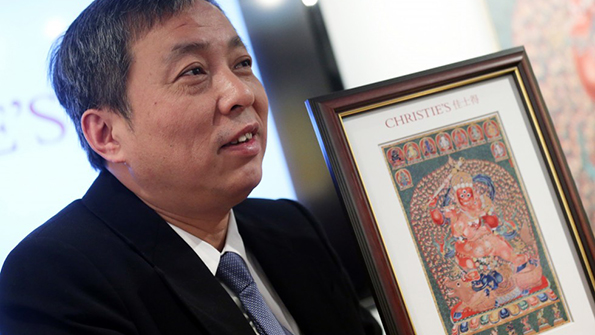
Industry pundits and researchers have long debated whether it’s possible to predict market movements. In a new piece, Research Affiliates argues that you can. Co-founder and Vice Chairman Jason Hsu writes that there’s mounting evidence that you can predict the future of equity market returns because factor performance, meaning any one of a number of valuations given to a stock, historically reverts to the mean. In other words, when the market rallies, stock valuations are high. As those valuations revert toward the historical norm, stock prices fall too far, going below the average, Hsu claims, before rising again. Despite this predictability, investors continue to underperform. “Most investors adopt a process for evaluating managers and investment strategies based on the past two to three years of relative performance versus a capitalization weighted market benchmark,” Hsu writes. “Strong past performance attracts strong inflows, and weak performance leads to outflows.” But individuals can have an edge and overcome institutionalized behavioral biases. Hsu’s advice: Buy the unloved.

The Securities and Exchange Commission has set a date to get a proposed rule around a uniform fiduciary standard on the table. The agency recently updated its agenda filed with the Office of Budget and Management, saying it will release a notice of proposed rulemaking for its long-awaited “Personalized Investment Advice Standard of Conduct” next October. The agency has no legal deadline to produce the rule.

To better mitigate the effects of a cyber attack, financial services firms need to work on enhancing leaders’ decision-making process during times of crisis, according to a securities industry trade group. Securities firms need to create an "integrated response team" that includes people from different parts of the company, like information security, technology and business operations. These recommendations are the results of the Securities Industry and Financial Markets Association’s Quantum Dawn 3 cybersecurity exercise held in September. Over 650 participants from over 80 financial institutions and government agencies participated in the day-long event, which tested firms’ responses to a number of common cyber attacks including a distributed denial of service (DDoS), a breach of personally identifiable information (PII) and an insider introducing malware into clearing systems leading to transaction failures.
Billionaire Puts $170 Million Painting on His Amex to get Frequent Flyer Miles

If you often wonder how billionaires get to be billionaires, consider this: The New York Times reports that Chinese billionaire, Liu Yiqian will charge the entire $170 million that he recently paid for Modigliani’s “Reclining Nude” (the second largest sum ever paid for a painting at auction) to his American Express card. The reason? Frequent flier miles. American Express actively encourages cardholders to charge big ticket items, but Liu has embraced this maxim to the extreme. In the past he’s also charged a $36 million ceramic cup, for which he received a whopping 28 million frequent flyer miles. Needless to say, Liu and his family won’t be paying airfare for the foreseeable future.




